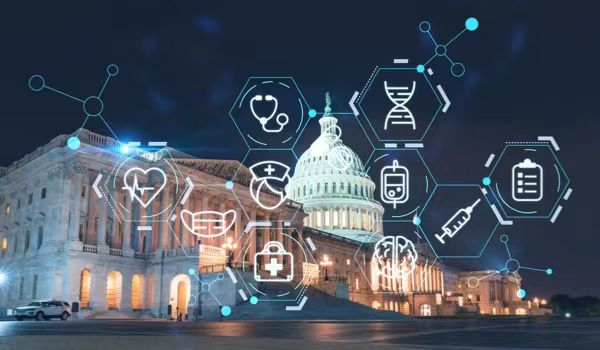


LONDON - The tech world generated a true abundance of front-page news in 2022. In October, Elon Musk bought Twitter - one of the main public communication platforms used by journalists, academics, businesses, and policymakers - and proceeded to fire most of its content-moderation staff, indicating that the company would rely instead on artificial intelligence (AI).
Then, in November a group of Meta employees revealed they had devised an AI program capable of beating most humans in the strategy game Diplomacy. Meanwhile, in Shenzhen, China, officials intensified efforts to use ‘digital twins’ of thousands of fifth-generation wireless network-connected mobile devices to monitor and manage flows of people, traffic, and energy consumption in real time. On top of this, with the latest iteration of ChatGPT’s language-prediction model, many are declaring the end of the college essay.
In short, 2022 was a year in which already serious concerns about how technologies are being designed and used deepened into even more urgent misgivings. Who is ultimately in charge here, and who should be in charge? Public policies and institutions should be designed to ensure that innovations improve the world, yet many technologies currently deploy in a vacuum. The world needs inclusive mission-oriented governance structures centered around a true common good. Capable governments can shape this technological revolution to serve the&
The content herein is subject to copyright by Project Syndicate. All rights reserved. The content of the services is owned or licensed to The Yuan. The copying or storing of any content for anything other than personal use is expressly prohibited without prior written permission from The Yuan, or the copyright holder identified in the copyright notice contained in the content. Continue with Linkedin
Continue with Linkedin
 Continue with Google
Continue with Google







 723 views
723 views










